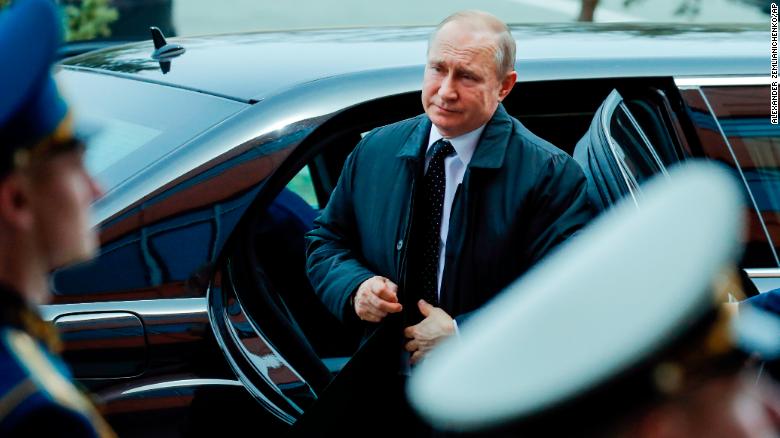Already a subscriber? Make sure to log into your account before viewing this content. You can access your account by hitting the “login” button on the top right corner. Still unable to see the content after signing in? Make sure your card on file is up-to-date.
A top UK official has warned that Russian President Vladimir Putin has no real interest in negotiating peace in Ukraine and will likely intensify military attacks to strengthen his bargaining position.
Getting into it: While speaking at a news conference in Istanbul, outgoing MI6 Chief Sir Richard Moore said there is“absolutely no evidence” that Putin is serious about pursuing peace. “He seeks to impose his imperial will by all means at his disposal. But he cannot succeed,” Moore stated, adding that the Russian leader had “bitten off more than he can chew” by underestimating Ukraine’s resolve and the West’s response. Moore accused Putin of lying “to the world,” “to his people,” and “perhaps even to himself” as he “mortgages” Russia’s future for a distorted historical legacy. According to Moore, Russia’s invasion has only accelerated Ukraine’s shift toward the West and pushed historically neutral nations like Sweden and Finland to join NATO.

Moore’s assessment coincided with a Bloomberg report citing unnamed sources close to the Kremlin, which said Putin has concluded military escalation is the best way to force Ukraine into concessions, particularly after a recent summit with President Donald Trump. Those sources said Putin left the meeting convinced Trump had little interest in backing Ukraine militarily.
This comes as Russia has increased its attacks on Ukraine since Trump’s meeting in Alaska. According to Ukrainian President Volodymyr Zelensky, Russian forces launched over 3,500 drones, roughly 200 missiles, and more than 2,500 bombs in the first half of September.
In parallel, Russian aircraft have violated NATO airspace in a move some analysts interpret as testing the alliance’s response mechanisms and political will. Just this week, three Russian MiG-31s flew into Estonian airspace for 12 minutes, prompting NATO to scramble fighter jets to intercept the aircraft.







